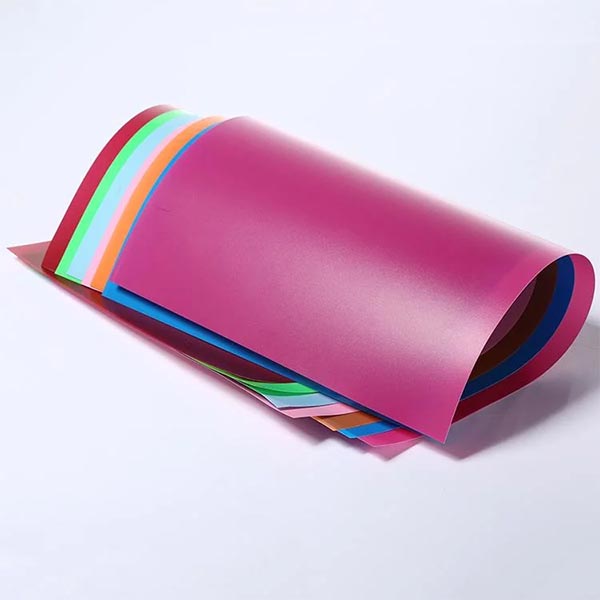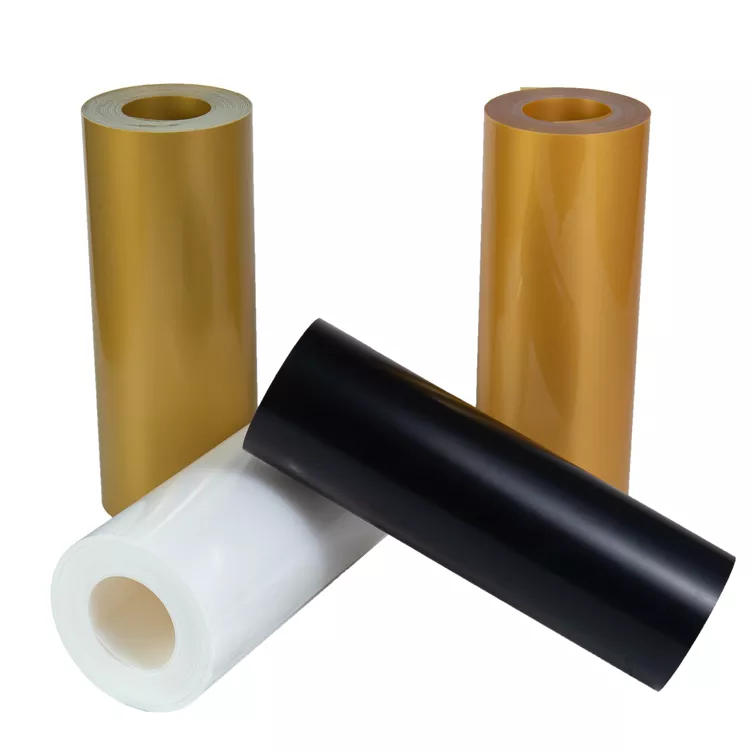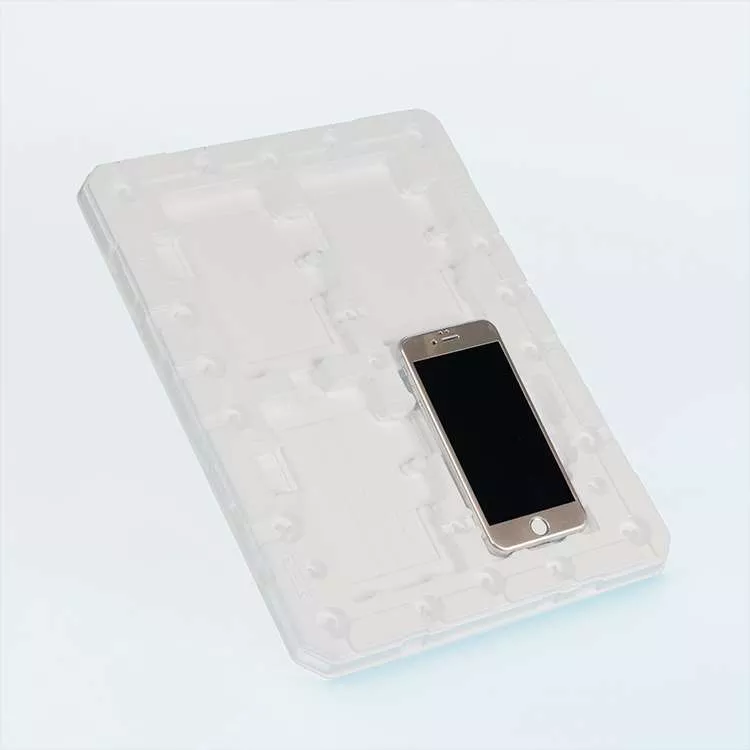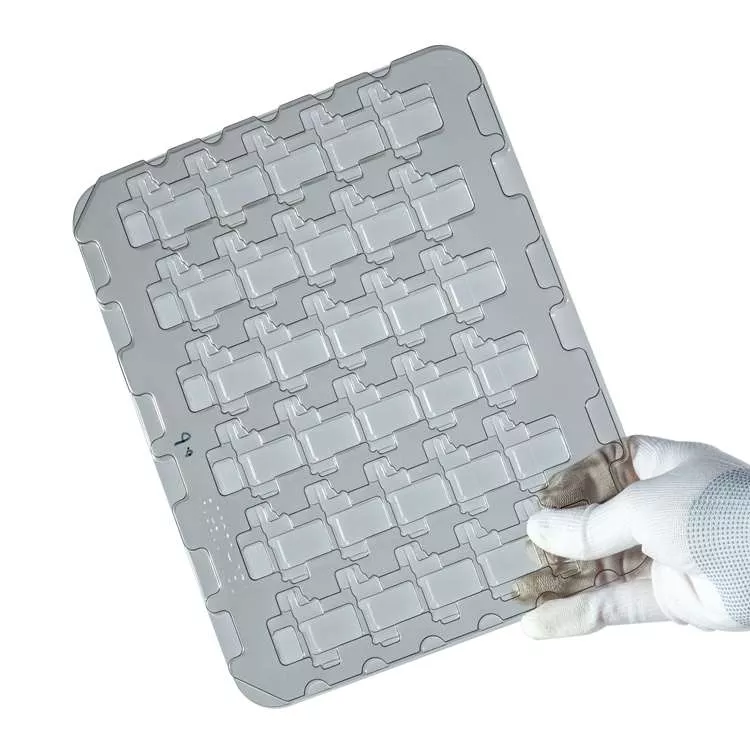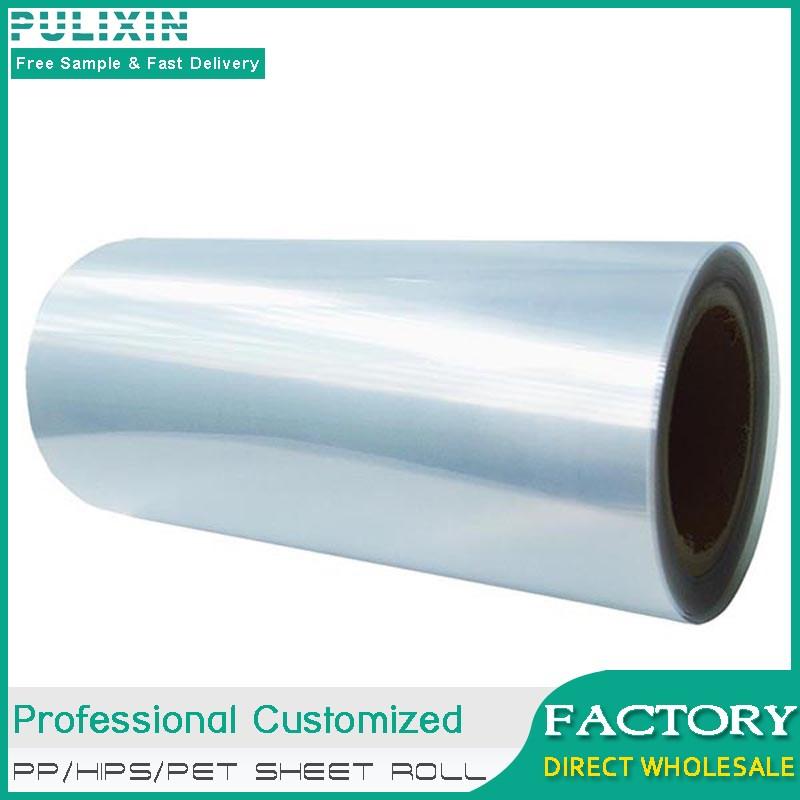




Bulk Factory Price Rigid PP Plastic Roll for Cups Packing
Pulixin is an excellent and leading plastic sheet Manufacturer & factory in China. We have advanced technology and equipment, mature foreign trade and export experience, and have established good cooperative relations with customers in more than 60 countries. Free samples supply, OEM & ODM accepted
- Brand: PULIXIN
- Origin: Shanghai, China
- MOQ: 5 tons
- Thickness: 0.3~2mm
- Width: 300~850mm
- Application: Thermoforming
- Send Inquiry
-
- Email: lindy@pulixin.com
- Phone: +8615221762039
- WhatApp

- Wechat

Description
Among the general plastics, PP has the best heat resistance, its hot deformation temperature is 80-100 ℃, and it can be boiled in boiling water. PP has good stress cracking resistance and high bending fatigue life, commonly known as “hundred fold glue”. The comprehensive properties of PP are better than that of PE. PP products are light in weight, good in toughness and good in chemical resistance. Disadvantages of PP: low dimensional accuracy, insufficient rigidity, poor weather resistance, it has post shrinkage phenomenon, easy aging, brittle, easy deformation after demoulding. In daily life, the commonly used fresh-keeping box is made of PP material.
Molding characteristics:
1. Crystalline material, hygroscopicity is small, easy to melt fracture, long-term contact with hot metal is easy to decompose.
2. Good fluidity, but large shrinkage range and shrinkage value, easy to occur shrinkage cavity, dent, deformation
3. The cooling speed is fast, the pouring system and cooling system should slow heat dissipation, and pay attention to control the molding temperature. When the material temperature is low temperature and high pressure, it is easy to orientation. When the mold temperature is lower than 50 ℃, the plastic parts are not smooth, and it is easy to produce poor fusion and flow marks. When the temperature is above 90 ℃, it is easy to produce warping deformation.
4. In order to prevent stress concentration. Process characteristics PP has good fluidity and good formability at melting temperature. PP has two characteristics in processing: one is that the viscosity of PP melt decreases significantly with the increase of shear rate (less affected by temperature); the other is that the molecular orientation degree is high and presents a large shrinkage rate. The processing temperature of PP is about 200-300 ℃, and it has good thermal stability (decomposition temperature is 310 ℃), but at high temperature (270-300 ℃), it may degrade if it stays in the barrel for a long time.
Because the viscosity of PP decreases obviously with the increase of shear rate, the increase of injection pressure and injection speed will improve the fluidity, shrinkage deformation and depression of PP. The mold temperature should be controlled in the range of 30-50 ℃. PP melt can pass through a very narrow mold gap to form a sharp edge. PP in the melting process, to absorb a lot of melting heat (the specific heat is larger), the product is hot after the mold. The shrinkage and crystallinity of PP are lower than that of PE.
Max Width:300~ 900mm
Color:Customized color
Density: 0.91~0.95g/cm3
Certification:ROHS,MSDS,TDS,SGS,ISO9001
Raw Material:100% raw material
Grade: Food Grade Packaging
Sample: A4 size or free provide 10kg for test quality
Applicaion Industry:packing boxes, tray, disposable cup Printing (offset printing, inkjet printing, silk screen printing), folding boxs
Mold temperature:160℃-220℃
Molding shrinkage:1.0%-2.5%
Heat deflection temperature: 80℃-100℃, Good cracking resistance, High bending fatigue life, light weight,
good toughness, excellent chemical resistance.
Product parameters
| Polypropylene Sheet Test Item | Test Method | Unit | Properties |
| Specific Gravity | ASTM D792 | g/cm3 | 0.96 |
| Impact Strength | ASTM D256 | mpa | 38 |
| Tensile Strength | ASTM D638 | mpa | 42 |
| Heat Deflection Temperature | ASTM D648 | ℃ | 95 |
| Flexural Strength | ASTM D790 | mpa | 31 |
| COLOR | Visual Inspection | / | Natural |
| SURFACE RESISTANCE | ASTM D257 | Ω | 10^8~10^9 |
- Previous:Food grade polypropylene PP plastic film roll
- Next:Wholesale Rigid PP Thermoforming Sheet Supplier in China
Why Choose Pulixin
PULIXIN is an excellent leading PP plastic sheet roll manufacturer in China. Our factory covers an area of more than 10,000 square meters and has 4 rigid polypropylene sheet production lines with international advanced equipment. It can produce 3,000-5,000 tons of PP plastic sheets per month, and the maximum storage capacity exceeds 10,000 tons.- High Level Factory
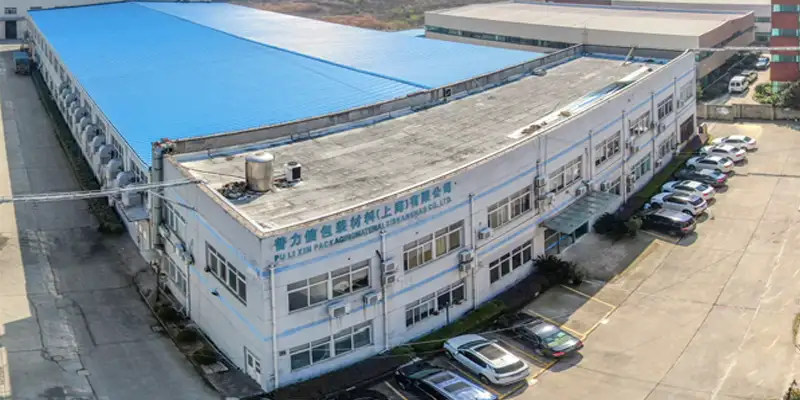
- 1, 6000㎡ Area
2, 10 co-extrusion lines
3, 15 years experience
4, 2300+ regular customers
- Considerate Service

- 1, Quick reply to inquiries
2, Free sample on paying the postage
3, Strong capacity, short production and fast delivery
4, Factory inspection acceptable
5, OEM Support
- Strict Quality Control

- 1, Thickness error:+-0.1mm
2, Weight erroe:+-1kg
3, Antistatic impedance: +-0.1Ω
- On Time Delivery

- 1, Production: 1days after prepayment
2, Delivery: 5days after final payment
Product Archive
Product Category: PP Plastic Sheet Roll Previous Product: High and low temperature resistance material PP plastic roll for thermoforming trays of frozen food Next Product: Good Quality PP Roll for Thermoforming Tray- Send Inquiry
-
.jpg)
.jpg)
.jpg)
.jpg)
.jpg)
.jpg)


